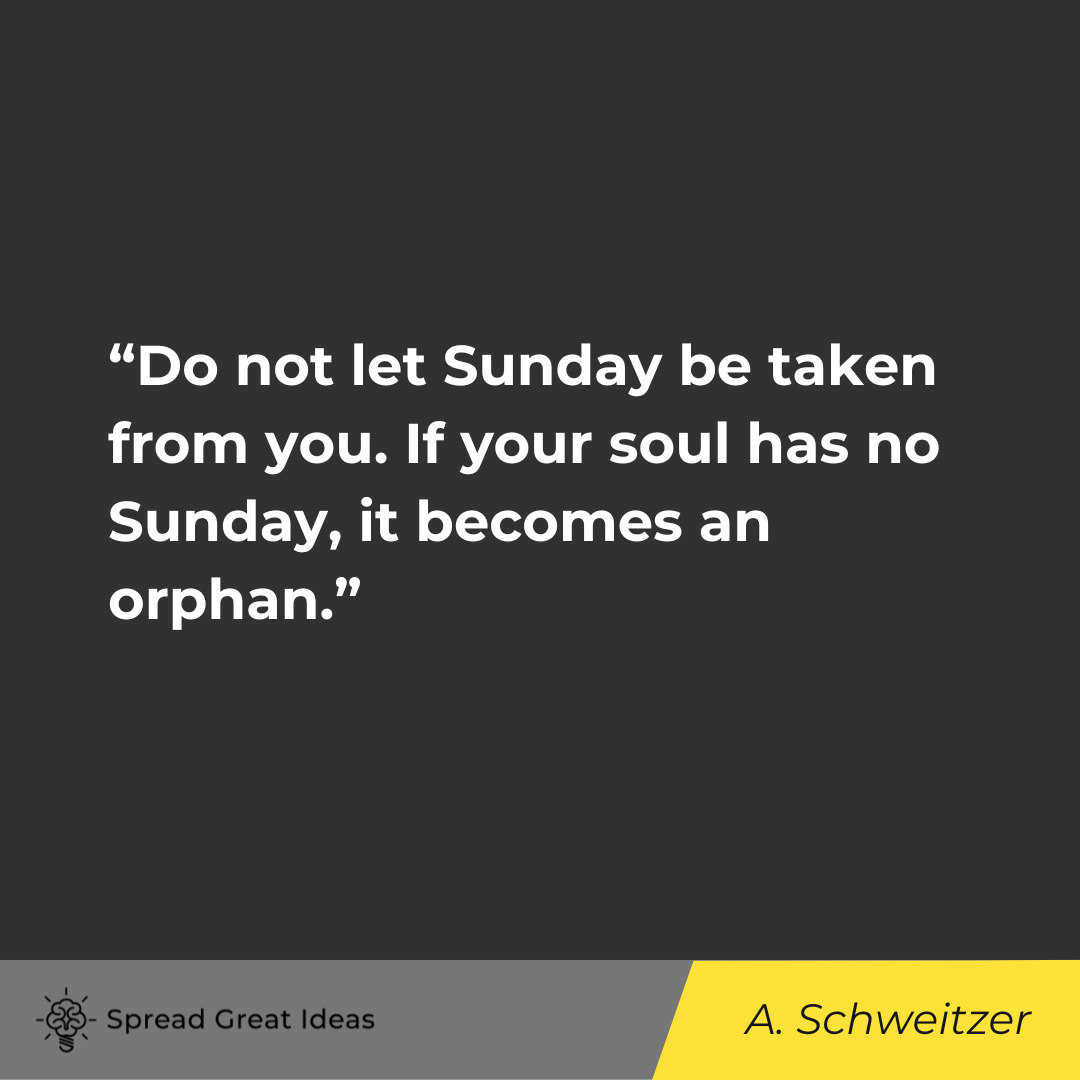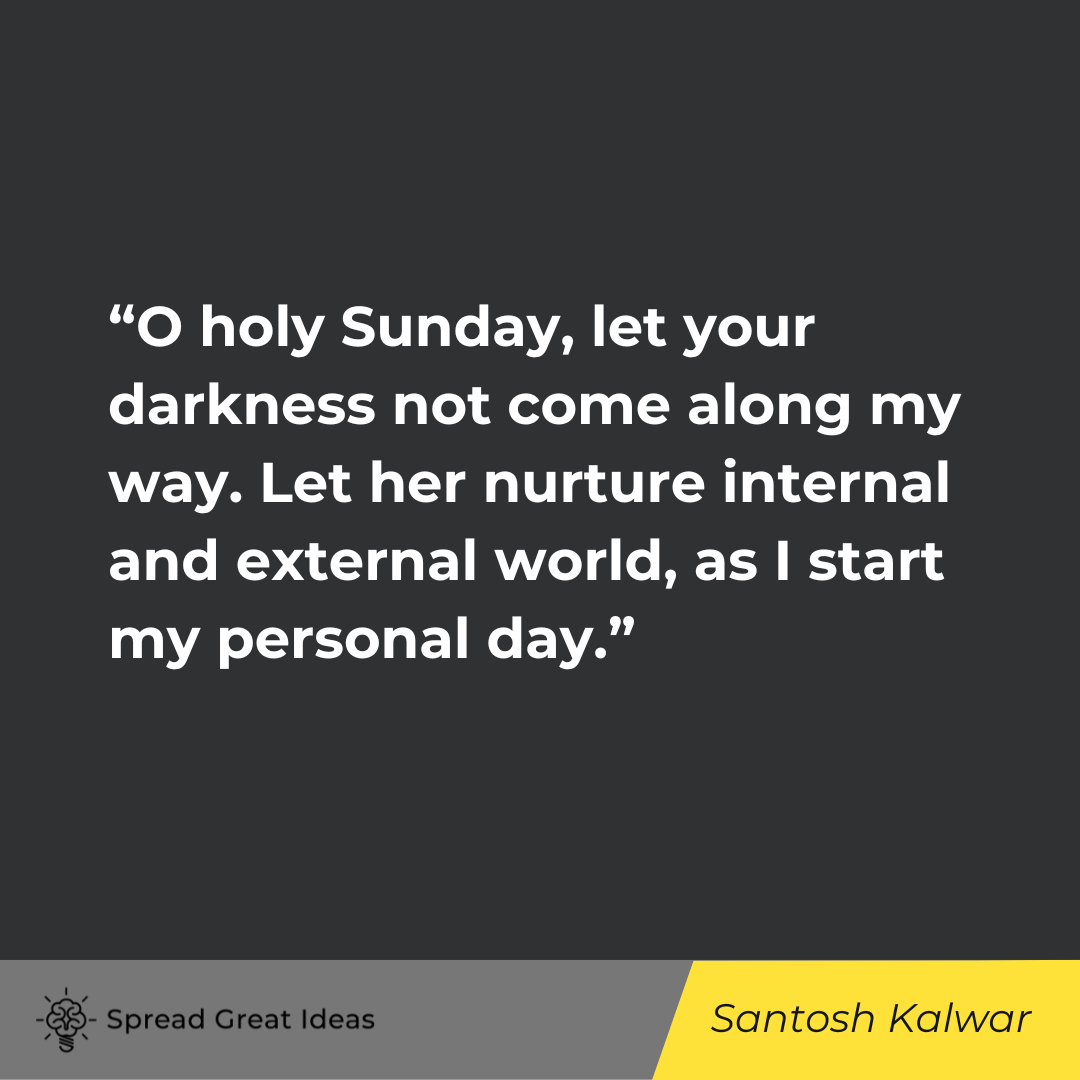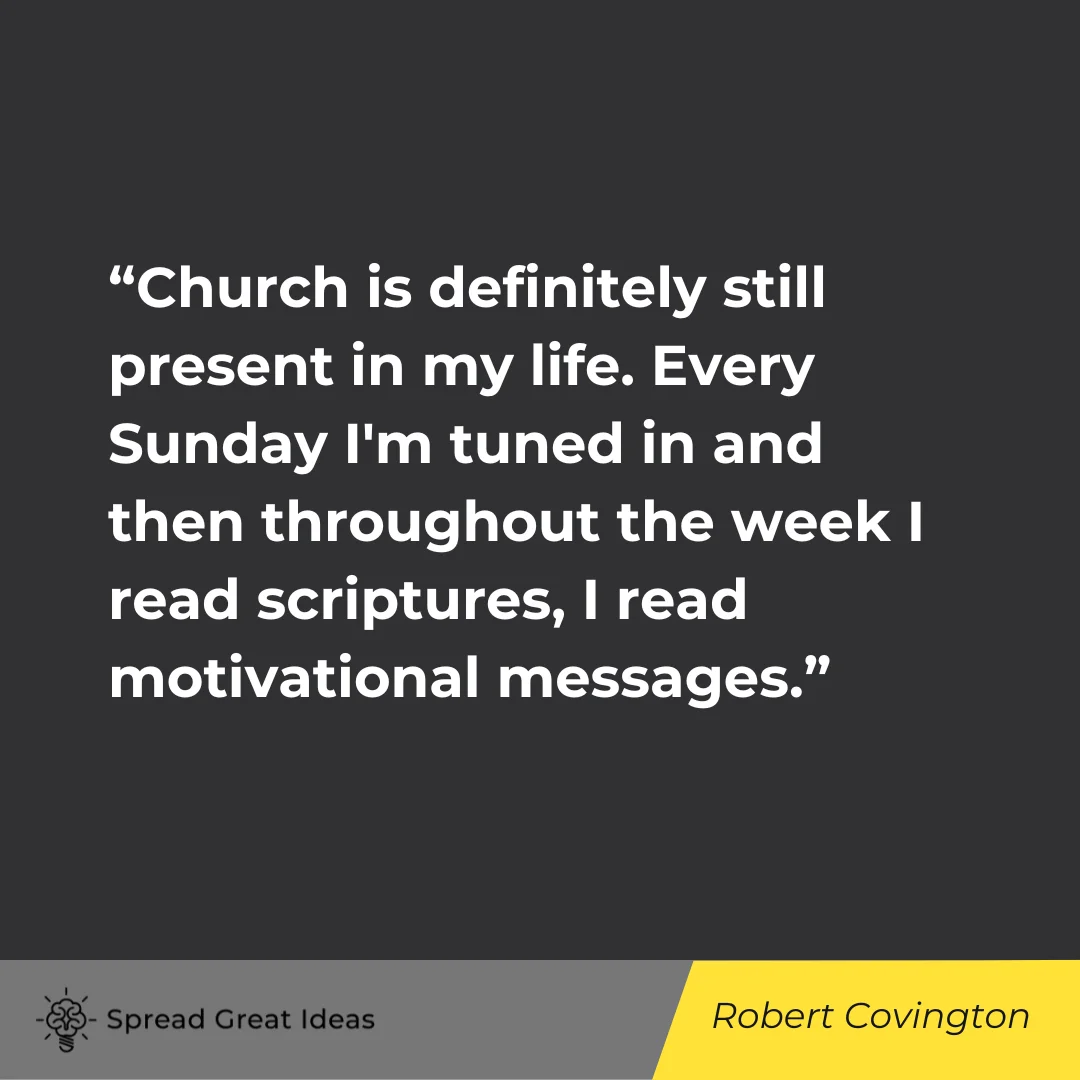Table of Contents

Sundays unfold like a gentle melody, a pause in the symphony of life. In the rhythm of our hectic weeks, Sunday emerges as a day of solace—a time to recharge, reflect, and revel in the simple pleasures. As we embrace the tranquility that Sunday brings, let us embark on a journey through the timeless wisdom encapsulated in the following collection of quotes. These words are more than mere expressions; they are beacons of insight, guiding us towards a blissful day filled with contemplation and gratitude.
Within these quotes, you’ll find a tapestry of thoughts that resonate with the spirit of Sundays. Whether it’s a poignant reflection on the beauty of rest, a reminder to appreciate life’s fleeting moments, or an encouragement to embrace self-care, each quote is a gentle reminder to nourish the soul. Sundays offer us a unique opportunity to step back from the hustle, and in these words of wisdom, we discover the art of finding joy in simplicity and the strength that lies in mindful reflection.
Consider this collection not just as a compendium of words but as an invitation to infuse your Sunday with inspiration. From renowned thinkers to anonymous sages, the voices captured here span time and culture, all converging on the universal theme of finding wisdom in the stillness of Sundays. So, let these quotes be your companions, guiding you through a day that’s not just marked by rest but defined by the richness of introspection and the promise of a blissful journey ahead.
Elfriede Jelinek
“Sunday, the day for the language of leisure.”

Joseph Addison
“Sunday clears away the rust of the whole week.”

Charlie Puth
“I was raised in a Catholic school, and I would always go to church on Sunday, and I would hear the same music over and over and over and over again, same gospels, hymns, everything.”

Albert Schweitzer
“Do not let Sunday be taken from you. If your soul has no Sunday, it becomes an orphan.”

Charles Stanley
“On Sunday morning, I’m not nervous… I can’t wait to tell what God wants me to say.”

Mark Morris
“The goal of Sunday is to leave my home as little as possible.”

Santosh Kalwar
“O holy Sunday, let your darkness not come along my way. Let her nurture internal and external world, as I start my personal day.”

Robert Covington
“Church is definitely still present in my life. Every Sunday I’m tuned in and then throughout the week I read scriptures, I read motivational messages.”

A.D. Posey
“Happiness is a hot bath on a Sunday afternoon.”

Henry Wadsworth Longfellow
“Sunday is the golden clasp that binds together the volume of the week.”

